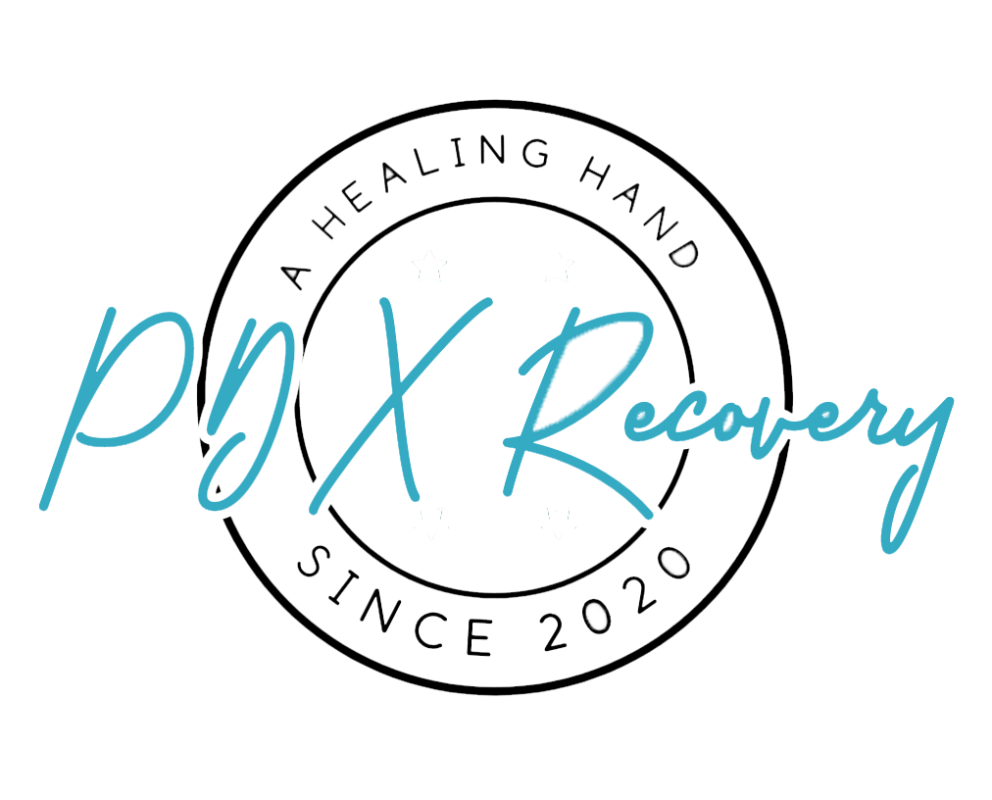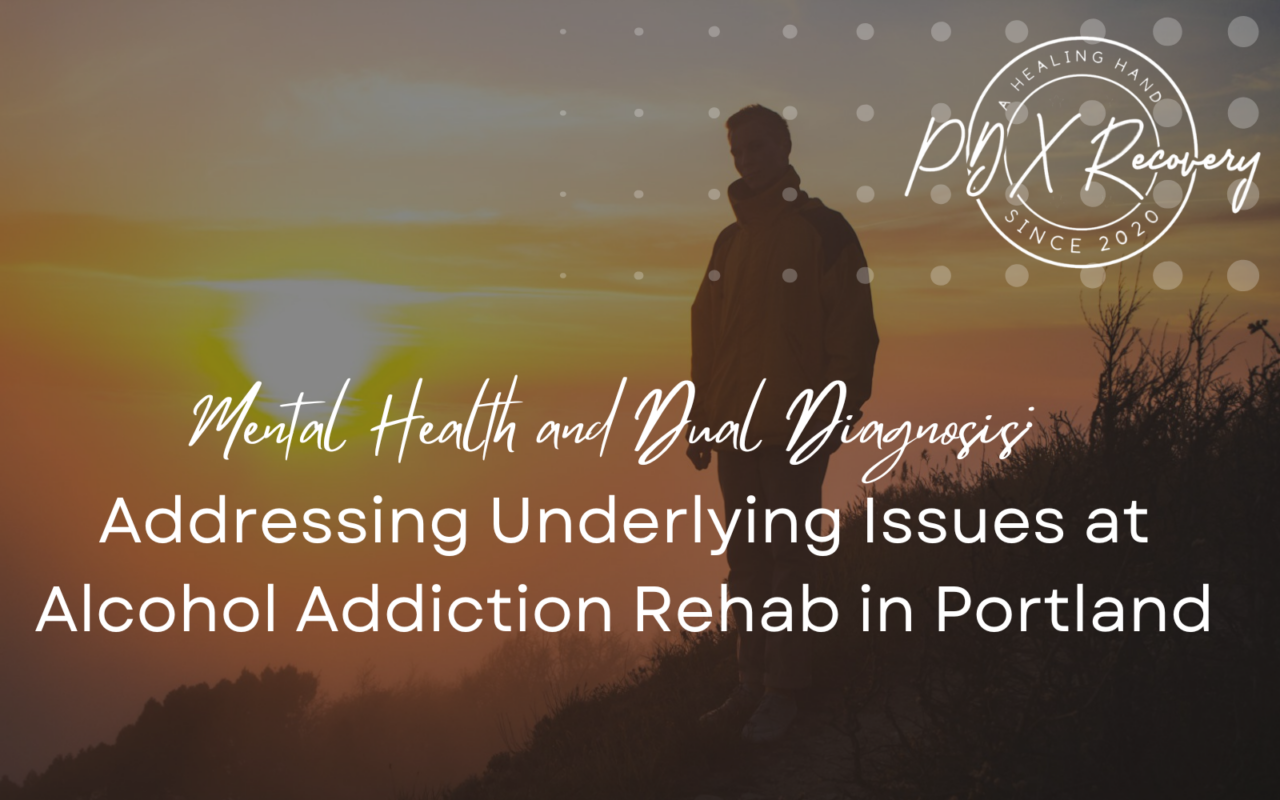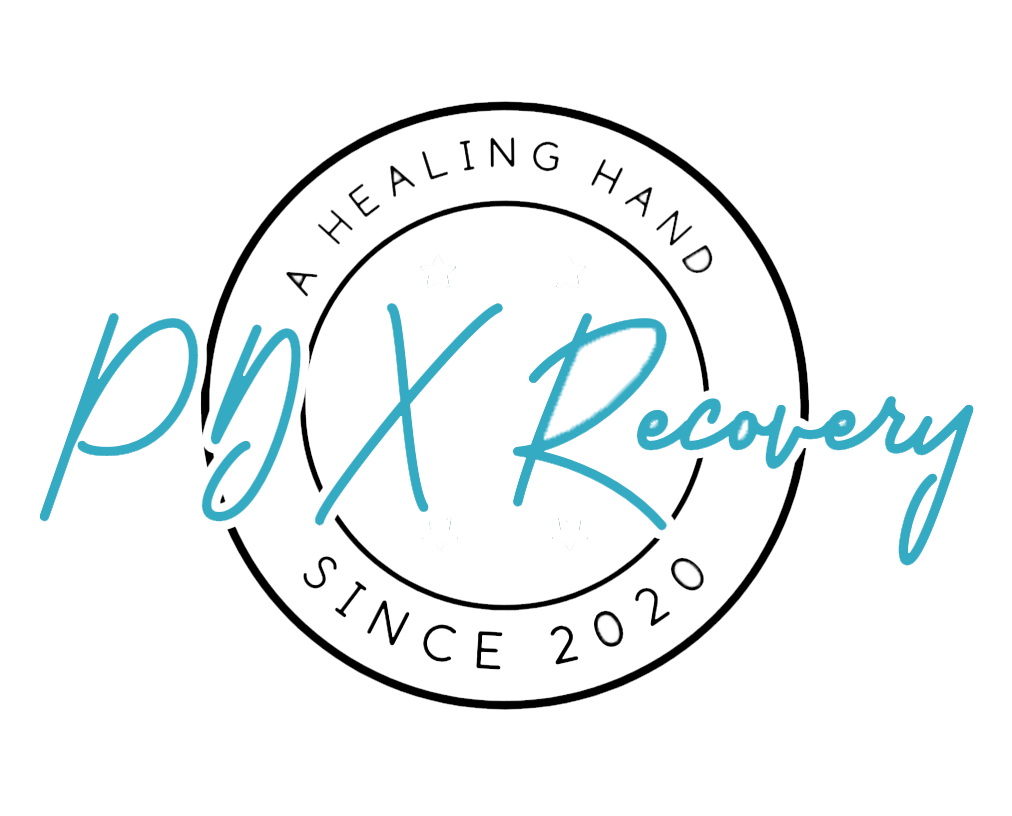Navigating the intricate relationship between mental health and addiction can feel overwhelming for both individuals and their families. For many, these two challenges are deeply intertwined, creating a complex web of symptoms and behaviors that can be difficult to unravel without proper support. This is where the concept of dual diagnosis becomes essential—a term used to describe the co-occurrence of mental health disorders, such as depression or anxiety, alongside substance use disorders. In the beautiful state of Oregon, the need for alcohol addiction rehab in Portland that focuses on dual diagnosis has grown significantly in recent years.
Breaking the Cycle Mental Health and Dual Diagnosis at Alcohol Addiction Rehab in Portland
This surge is largely due to alarming statistics showing rising drug-related deaths, with alcohol often being a common factor in many of these tragic situations. Understanding and addressing these underlying mental health issues is crucial for effective treatment and long-term recovery. Programs that integrate mental health care with addiction treatment not only help individuals address their substance use but also provide them with tools and strategies to manage their mental health, leading to a more comprehensive approach to healing.
Understanding the Complexities of Dual Diagnosis
Dual diagnosis is more common than one might think, yet it often goes unrecognized. According to the Substance Abuse and Mental Health Services Administration (SAMHSA), nearly 9 million adults in the United States grapple with the dual challenge of managing both a mental health disorder and a substance use disorder at the same time. This dual struggle frequently creates a vicious cycle, where mental health issues and addiction feed into each other, complicating recovery efforts and making it incredibly challenging for individuals to break free without comprehensive, integrated treatment approaches.
For many, substances become a means of coping with the overwhelming symptoms of mental health disorders, providing temporary relief from feelings of anxiety, depression, or past trauma. Unfortunately, this relief is often short-lived and can lead to a host of complications, including the exacerbation of existing conditions or even the onset of new mental health issues. The result is a tangled web of dependency and deteriorating mental health that not only affects the individual but also ripples out to impact families, friends, and communities. This situation underscores the urgent need for specialized care that addresses both mental health and substance use disorders simultaneously.
Addressing Underlying Issues in Portland’s Rehab Facilities
Alcohol addiction rehab in Portland have increasingly recognized the importance of addressing the root causes of dual diagnosis, which refers to the co-occurrence of mental health disorders and substance use disorders. These facilities understand that simply treating the addiction without delving into the underlying psychological issues may lead to relapse and hinder long-term recovery. By focusing on these fundamental issues, they offer a more comprehensive and holistic approach to recovery that is tailored to the individual. In these centers, highly trained professionals, including psychologists, addiction specialists, and social workers, collaborate closely with individuals to develop personalized treatment plans that cater to their unique needs and circumstances. This personalized approach often involves an array of therapeutic modalities, including individual therapy sessions that allow for deep personal exploration and group therapy that fosters community support and shared experiences.
The Importance of Integrated Treatment Approaches
Integrated treatment is a vital component in the effective management of dual diagnosis cases, which involve both mental health disorders and substance use disorders. This holistic approach recognizes that these issues are often interrelated and must be treated together rather than in isolation. By simultaneously addressing both the mental health disorder and the substance use disorder, individuals are empowered to gain a deeper understanding of the complex relationship between their mental health and addiction.
This awareness is crucial, as it allows them to learn and implement healthy coping mechanisms that are essential for managing both conditions effectively. At alcohol addiction rehab in Portland, integrated treatment typically involves a collaborative effort among a multidisciplinary team of healthcare professionals. This team may include therapists, psychiatrists, nurses, social workers, and other specialists who bring diverse expertise and perspectives to the table. Together, they work to provide comprehensive care that encompasses all aspects of an individual’s well-being, including emotional, psychological, and physical health. By promoting open communication and understanding, individuals are more likely to feel supported throughout their recovery journey.
The Role of Supportive Therapies in Recovery
In addition to traditional therapy methods, supportive therapies play a vital role in the comprehensive treatment of dual diagnosis cases, which involve both mental health disorders and substance use issues. These therapies provide individuals with additional tools and resources to effectively manage their mental health symptoms while simultaneously reducing reliance on substances, ultimately leading to a more holistic approach to recovery. Supportive therapies can encompass a variety of alternative approaches, such as art therapy, music therapy, yoga, meditation, and structured exercise programs.
Art and music therapy, for instance, allow individuals to express their feelings and experiences in creative ways, which can be particularly therapeutic for those who find it difficult to articulate their emotions verbally. Yoga and meditation promote mindfulness and physical wellness, helping to reduce anxiety and stress levels. Exercise programs not only boost physical health but also release endorphins, which can enhance mood and overall well-being. Engaging in these activities not only promotes physical well-being but also offers a healthy outlet for self-expression and emotional processing, helping individuals to build a stronger connection with themselves and their emotions. For those struggling with co-occurring disorders, these supportive therapies provide a sense of empowerment and control over their recovery journey.
Creating a Safe and Supportive Environment for Healing
One of the most critical elements of successful recovery from dual diagnosis is creating a safe and supportive environment for individuals to heal. Alcohol addiction rehab in Portland understand the importance of providing a welcoming and non-judgmental space where individuals feel understood and accepted. These facilities are designed to be more than just treatment centers; they strive to create a home-like atmosphere that encourages open communication and trust among residents and staff. By fostering a sense of community and belonging, these facilities promote peer support and healthy relationships, which are instrumental in the recovery process. Group therapy sessions and social activities allow individuals to connect with others who share similar experiences, helping to reduce feelings of loneliness and stigma. For those with co-occurring disorders, who may feel isolated or misunderstood due to their conditions, this support network can be a lifeline on the path to healing.
Navigating the Road to Recovery with Compassionate Support
The road to recovery from dual diagnosis is often a challenging and complex journey, requiring resilience and determination. However, with the right support and resources, individuals can not only achieve lasting healing but also experience profound transformation in their lives. Alcohol addiction rehab in Portland are dedicated to providing compassionate and comprehensive care tailored to address the unique challenges faced by those with co-occurring disorders. These facilities understand that dual diagnosis is not just about treating addiction, but also about addressing underlying mental health issues such as anxiety, depression, or trauma that often accompany substance use disorders. With a focus on integrated treatment approaches that combine therapy, medication management, and holistic practices, these centers create individualized treatment plans that cater to each person’s specific needs.

Understanding the Long-Term Benefits of Comprehensive Care
The benefits of comprehensive care for dual diagnosis extend far beyond immediate recovery and play a crucial role in long-lasting wellness. By addressing both mental health issues and addiction simultaneously, individuals not only tackle their immediate challenges but also acquire the skills and insights necessary to maintain their well-being over the long term. This integrated, holistic approach not only significantly reduces the risk of relapse but also fosters personal growth and resilience, essential for thriving in everyday life. Through a combination of therapy, educational workshops, and supportive interventions tailored to individual needs, participants learn how to effectively manage stress and cope with triggers that could lead to relapse.
They gain valuable tools for building healthy relationships, such as communication strategies and conflict resolution techniques, which are vital for creating a supportive social network. Furthermore, individuals develop a strong sense of self-worth and identity, which empowers them to pursue their goals and ambitions outside of treatment.
The Power of Community in the Healing Process
Community plays a vital role in the healing process for individuals with dual diagnosis, which refers to the coexistence of a mental health disorder and substance use disorder. By connecting with others who share similar experiences, individuals can gain a profound sense of understanding and validation that is often lacking in their everyday lives. This connection not only combats feelings of isolation but also fosters a sense of belonging that can be crucial for recovery.
In Portland’s rehab facilities, community support is a fundamental aspect of treatment, recognized for its transformative impact on individuals’ journeys. Group therapy sessions, support groups, and peer-led activities create a safe space for individuals to share their stories, offer encouragement, and learn from one another. These interactions allow participants to see that they are not alone in their struggles, often leading to breakthroughs in their personal healing processes.
Breaking the Stigma Surrounding Dual Diagnosis
Despite the prevalence of dual diagnosis, stigma and misconceptions continue to surround mental health and addiction, often leading to serious consequences. This stigma can create an environment where individuals feel ashamed or embarrassed to seek the help they desperately need, exacerbating their struggles and prolonging their recovery journeys. The social barriers imposed by these misconceptions can lead to isolation, making it even harder for individuals to find the support they require. By promoting awareness and fostering understanding within our communities, we can work to break down these barriers and create a more inclusive and supportive society for everyone.
Organizations like alcohol addiction rehab in Portland are actively committed to challenging stigma and encouraging open conversations about the complexities of mental health and addiction. They provide a safe space for individuals to share their experiences without fear of judgment. By doing so, they empower individuals to seek help, providing them with the resources they need to build a brighter future for themselves and their communities. Engaging in educational programs, community outreach, and support groups, these centers play a vital role in reshaping societal attitudes and helping individuals reclaim their lives.
The Role of Personalized Treatment Plans in Recovery
Personalized treatment plans are a crucial component of effective recovery for individuals with dual diagnosis, addressing both mental health and substance use issues. By tailoring treatment to each individual’s unique needs and circumstances, rehab facilities can provide the most effective support and interventions, fostering a more successful recovery journey. These personalized plans often include a comprehensive assessment that considers the individual’s history, preferences, and specific challenges they face. The plans typically involve a combination of various therapy modalities, such as cognitive behavioral therapy, group therapy, and individual counseling, alongside medication management to address any psychiatric symptoms.
Additionally, supportive therapies, such as art or music therapy, can play a vital role in enhancing emotional expression and coping skills. By taking into account each individual’s strengths, challenges, and personal goals, these tailored plans empower individuals to take an active role in their recovery.
Exploring the Connection Between Mental Health and Addiction
Understanding the connection between mental health and addiction is essential for effective treatment and recovery. Mental health issues, such as anxiety, depression, or trauma, can often lead individuals to seek relief through substances, creating a cycle of dependence. Conversely, addiction can exacerbate mental health conditions, leading to a worsening of symptoms and overall well-being. By recognizing how these two aspects interact and influence one another, individuals and their treatment teams can develop comprehensive strategies to address both simultaneously.
This dual approach not only targets the addiction itself but also the underlying mental health issues, ensuring a more holistic recovery process. Additionally, this understanding fosters compassion and empathy, allowing individuals to view their challenges through a lens of understanding rather than judgment. When individuals and their support systems acknowledge the complexities of both mental health and addiction, they cultivate a more supportive environment for healing. By exploring this connection, individuals can gain valuable insights into their behaviors and motivations, paving the way for lasting change and growth, ultimately leading to a healthier and more fulfilling life.
Conclusion
Recovery from dual diagnosis is a lifelong journey that requires commitment and perseverance. However, with the right support and resources, individuals can move forward with a sense of hope and resilience. By actively seeking help and investing time and effort into their well-being, individuals can break free from the cycle of addiction and mental health struggles. Don’t hesitate to contact our professional staff at (971) 256-9087 or click PDX Recovery to start your journey to recovery now. Addressing underlying issues is crucial, as it allows for a deeper understanding of the factors contributing to both mental health and addiction challenges.
Utilizing integrated treatment approaches that combine therapy, medication, and holistic practices can significantly enhance recovery outcomes. Building a strong support network is equally important; this includes friends, family, and support groups that offer encouragement and understanding. Alcohol addiction rehab in Portland is dedicated to supporting individuals on this critical path. These facilities provide compassionate care tailored to each person’s unique needs, empowering them to tap into their full potential.






